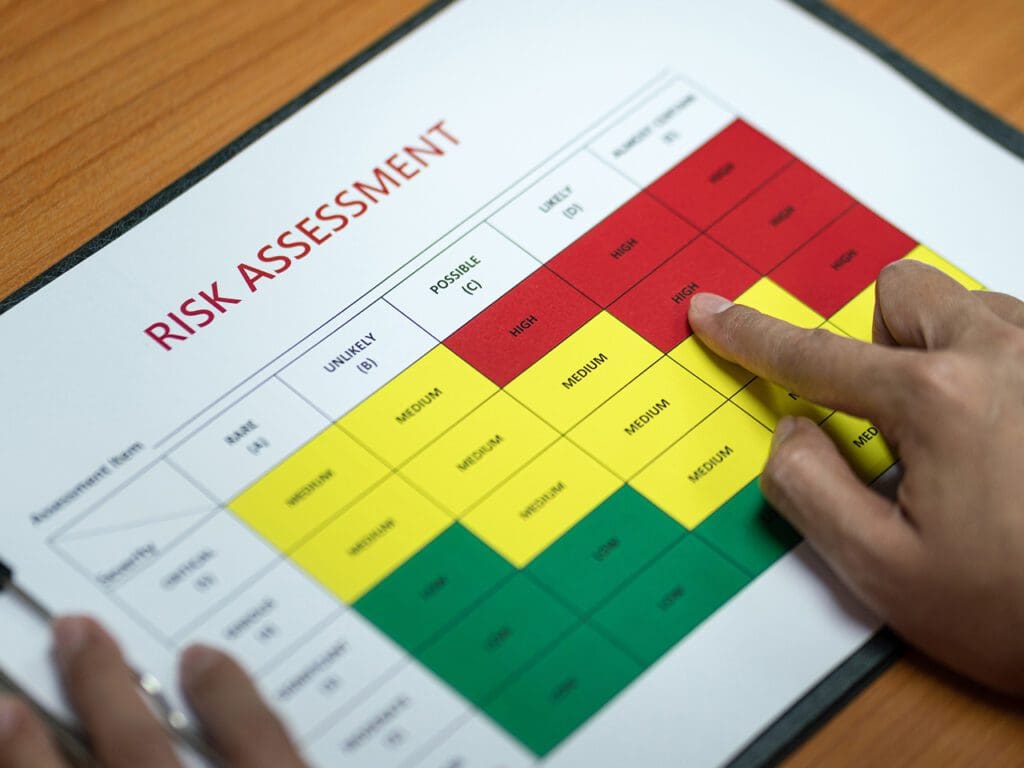The following is a guest post by Jonathan Polk, General Counsel and Chief Compliance Officer at Melio.
Startups bringing innovative products to market face a daunting array of challenges.
They need to find a viable solution to a real-world problem, raise funding, and gather the team necessary to build, market and deploy the product in an environment where the right resources are in high demand.
In this context, founders must decide when and how to invest in risk management infrastructure. Every dollar earmarked for controls comes at the expense of a dollar that could be devoted to what is more commonly thought of as revenue-generating activity.
While it may seem that this choice presents a dilemma – in which the value of growth must be traded off against security – investments in compliance don’t just protect against the downside risks of breaks, failures, and regulatory actions. Instead, they are a competitive advantage that can be leveraged to yield growth.
Suitable early investments in compliance can speed up time to market rather than delay it.
Setting context: Explosive growth in the market
Over the past several years, the nation has witnessed unprecedented innovation and startup investment. Fueled by massive venture capital funding, startups boomed, valuations soared, and a cycle of reinforcing dynamics drew dollars and people into new businesses.
This has been particularly true in the financial services sector as the pandemic spurred consumers and businesses to live, act, and transact at home.
These tailwinds only enhanced the potential for disruption in financial services created by dissatisfaction with traditional banks. Startups were able to command eye-watering prices – providing the lucrative exits that investors crave and drawing even more dollars and talent into the field.
The combined effect of these dynamics has been explosive growth and proliferation of new technology and activity across a wide range of industries. According to CB Insights, global fintech funding doubled in 2021, reaching $132 billion from $49 billion in 2020. Even as the economy started to slow down in 2022, fintech funding reached $75.2 billion, still up 52% compared with 2020.

New product approval is an accelerant
Speed to market is critical in any competitive environment, but especially against the backdrop of a dynamic market, which makes risk and compliance even more vital to startups’ success.
Building and integrating controls late in the development and production cycle is inefficient and time-consuming. Additionally, addressing regulatory sanctions is costly and can trigger additional scrutiny and compromise trust.
However, suppose startups take the time to consider the risk and compliance requirements associated with new products and features early in the development process. In that case, it can save time in the long run. The proof is in what does not happen when compliance is managed correctly – restarting product design, regulatory sanctions, and having to restore public confidence are all avoided.
Compliance fosters customer trust, which leads to loyalty
Especially in financial services, customers need to know – and be reassured – that they will not suffer any monetary loss when they rely on a new service provider. Trust is the foundation of the relationship.
Having solid controls and being rigorous in compliance are fundamental elements of gaining and preserving that customer trust. As hard as it is to build and maintain trust, it is even harder to rebuild it after it has been damaged.
With great scale comes great responsibility
It is a truism that when a company starts to handle larger volumes, it attracts increasing scrutiny from its customers, partners, and, in financial services, regulators. There is an old saying – “it’s the rising whale that gets harpooned.” That’s true in business too. Rapid growth attracts the attention of competitors and makes an emerging leader a threat.
Related:
Furthermore, startups that hope to partner with established financial institutions are carefully vetted to ensure that the legacy company will not run into severe problems in the partnership. Strong compliance risk management can be an advantage in competing for these partnerships.
In addition to these factors, financial regulatory scrutiny increases over time. The proliferation of new businesses that do not fit neatly into regulatory schemes and an assortment of spectacular breaks have led to more examination and enforcement activity. The ever-present and increasing potential for enforcement activity is, for a good reason, a familiar driver of investment in compliance risk management.
It pays to invest in compliance early and often
Building the proper infrastructure early sets new companies up for a path of explosive growth. Current economic trends only amplify this need as investors, customers, and partners become more selective. Compliance is not a bad word; it’s a competitive advantage.


